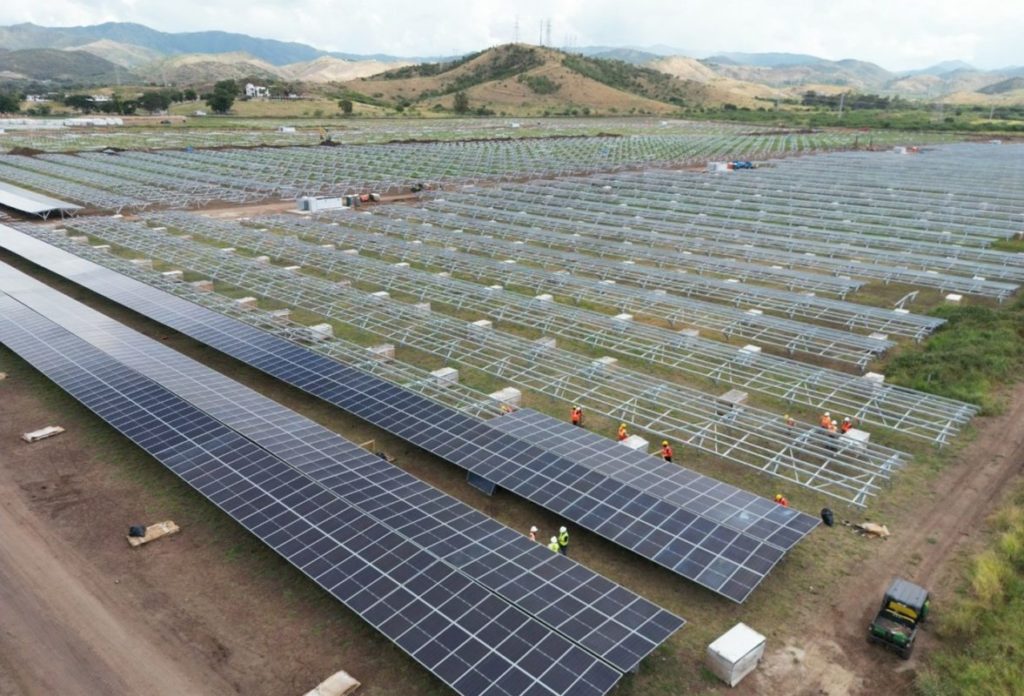 The projects themselves will comprise two utility-scale solar-plus-storage projects and two further standalone BESS projects located in the municipalities of Guayama and Salinas. Image: Lord Construction.
The projects themselves will comprise two utility-scale solar-plus-storage projects and two further standalone BESS projects located in the municipalities of Guayama and Salinas. Image: Lord Construction.
The US Department of Energy (DOE) has issued a loan of up to US$861.3 million to support 200MW of solar PV and 285MW/1,140MWh of battery energy storage system (BESS) projects in Puerto Rico.
The loan was issued by the DOE’s Loan Programs Office (LPO) to Clean Flexible Energy, LLC an indirectly-owned subsidiary of American utility AES Corporation and TotalEnergies Holdings USA, the regional branch of the French fossil fuel giant. The LPO provides loans to help deploy clean energy, transport and tribal energy projects in the US and its territories.
This article requires Premium SubscriptionBasic (FREE) Subscription
Unlock unlimited access for 12 whole months of distinctive global analysis
Photovoltaics International is now included.
Regular insight and analysis of the industry’s biggest developments
In-depth interviews with the industry’s leading figures
Unlimited digital access to the PV Tech Power journal catalogue
Unlimited digital access to the Photovoltaics International journal catalogue
Access to more than 1,000 technical papers
Discounts on Solar Media’s portfolio of events, in-person and virtual
Or continue reading this article for free
The projects themselves will comprise two utility-scale solar-plus-storage projects and two further standalone BESS projects located in the municipalities of Guayama and Salinas. Collectively, they are known as Project Maharu. The solar projects are projected to produce 460,000MWh of power annually.
The LPO said that the projects would help to support Puerto Rico’s grid reliability and energy security. In particular, it highlighted the role that BESS projects can play in maintaining power supply during extreme weather events; Puerto Rico’s power grid was severely affected by two hurricanes in 2017 and the country has since been hit with multiple earthquakes.
Project Maharu falls under numerous DOE and Federal government initiatives. It is part of the Biden administration’s Justice40 Initiative, which requires that 40% of the benefits of federal financing, including LPO investments, end up with “disadvantaged” communities. Most of Puerto Rico falls into this bracket.
The project will also be funded by the Energy Infrastructure Reinvestment (EIR), which was created as part of the Inflation Reduction Act (IRA) to support the replacement, repowering and repurposing of energy infrastructure which has either ceased operations or can be replaced to reduce carbon emissions. The LPO said that the projects will help the replacement of Puerto Rico’s coal-based energy infrastructure, which the company has committed to ceasing entirely by 2028 before reaching a 100% renewable energy mix by 2050.
Our sister site, Energy-storage.news (ESN), published an interview with the Director of the LPO, Jigar Shah, in October last year, which explored how the organisation funds renewable energy projects (Premium access). Shah told ESN that the LPO supports companies that have met the commercial criteria to apply for debt financing support, rather than “picking” the companies to back. Shah has overseen something of a “resurrection” of the LPO, which was largely dormant during the Trump administration.
This LPO loan follows the DOE’s US$200 million grant issued yesterday under the Puerto Rico Energy Resilience Fund (PR-ERF), a US$1 billion funding vehicle authorised by the US President in December 2022. The US$200 million grant was issued to energy technology company Generac to support the development of residential solar and BESS systems. This was the second funding instalment Generac received from the DOE, following an earlier PR-ERF investment in November 2023.
Puerto Rico’s residential and distributed solar sectors are forecast to be the backbone of its deployment in the coming years. The Puerto Rican government introduced favourable permitting laws following the 2017 hurricanes which made it far easier for people to install residential solar and BESS, which have spurred the sector on to be a “success story” in the energy transition (Premium access). Analysis from energy market research firm Wood Mackenzie predicts that 90% of Puerto Rico’s solar capacity additions will be distributed assets over the next ten years.
San Francisco Bay Area, USA
PV Tech has been running an annual PV CellTech Conference since 2016. PV CellTech USA, on 8-9 October 2024 is our second PV CellTech conference dedicated to the U.S. manufacturing sector. The event in 2023 was a sell out success and 2024 will once again gather the key stakeholders from PV manufacturing, equipment/materials, policy-making and strategy, capital equipment investment and all interested downstream channels and third-party entities. The goal is simple: to map out PV manufacturing in the U.S. out to 2030 and beyond.
Understanding PV module supply to the European market in 2025. PV ModuleTech Europe 2024 is a two-day conference that tackles these challenges directly, with an agenda that addresses all aspects of module supplier selection; product availability, technology offerings, traceability of supply-chain, factory auditing, module testing and reliability, and company bankability.
PV Tech has been running PV ModuleTech Conferences since 2017. PV ModuleTech USA, on 17-18 June 2025, will be our fourth PV ModulelTech conference dedicated to the U.S. utility scale solar sector. The event will gather the key stakeholders from solar developers, solar asset owners and investors, PV manufacturing, policy-making and and all interested downstream channels and third-party entities. The goal is simple: to map out the PV module supply channels to the U.S. out to 2026 and beyond.
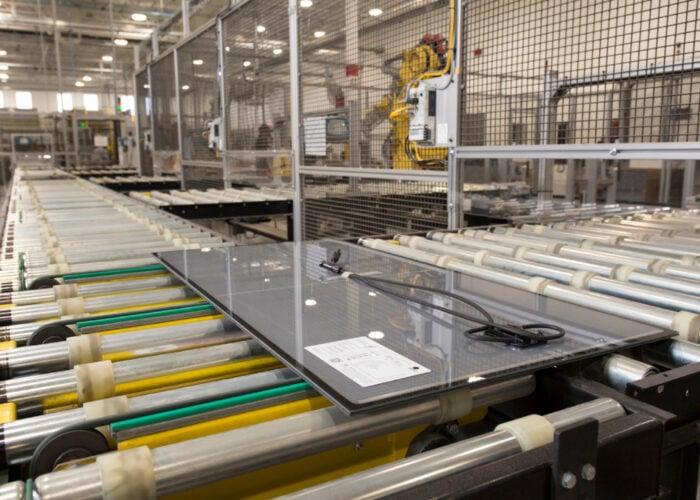
US solar manufacturer First Solar has started an investigation into several crystalline-silicon cell solar manufacturers for potential infringement of its patents.
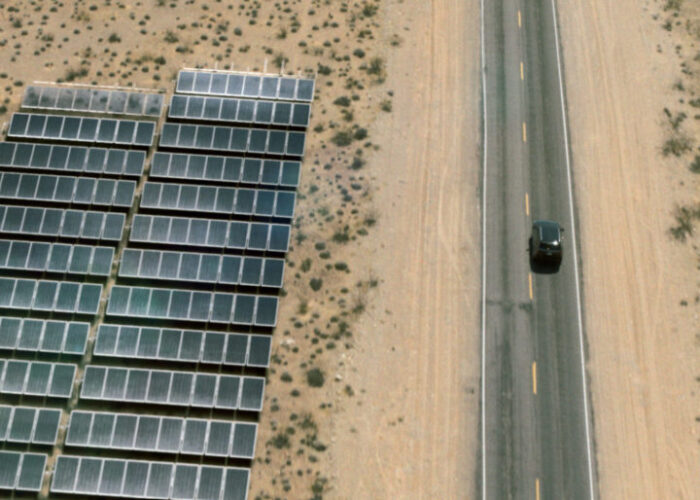
Investment fund Quinbrook Infrastructure Partners and its subsidiary Primergy Solar have reached commercial operations at their 690MWac/966MWdc Gemini solar-plus-storage project in Nevada.
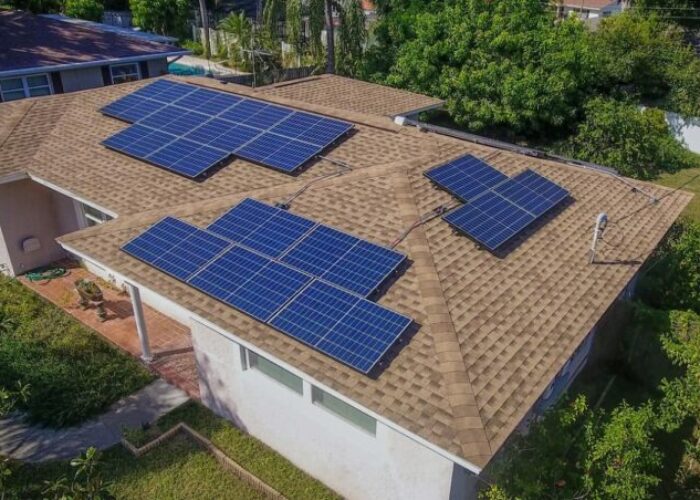
The Energy Storage for Resilient Homes Act would allow residents of the two states to use funding from the Federal Emergency Management Agency (FEMA) to purchase residential BESS.
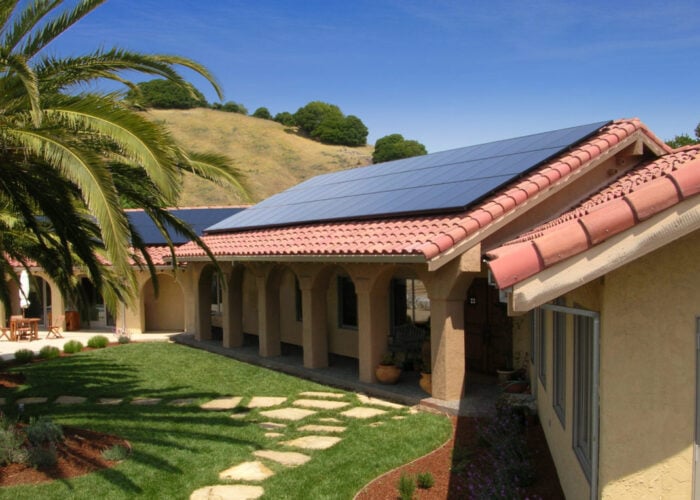
SunPower said the decision was not made “lightly” and will consider options to support its mutual customers and collective business pipeline.
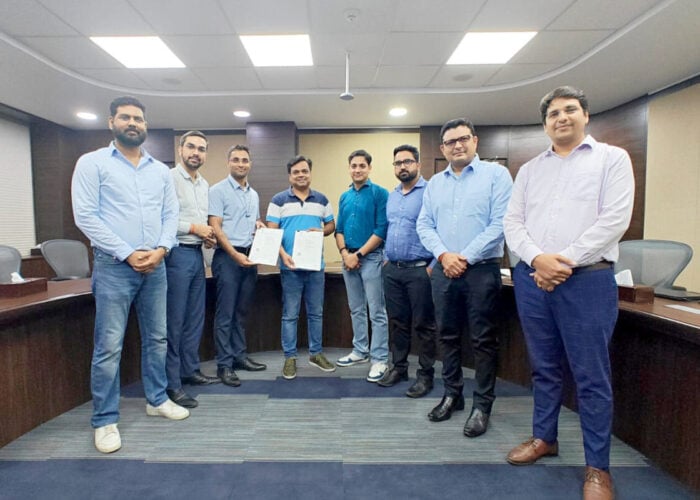
Sungrow has signed an agreement with Hero Group’s renewables arm Hero Future Energies to supply 850MW of inverters.
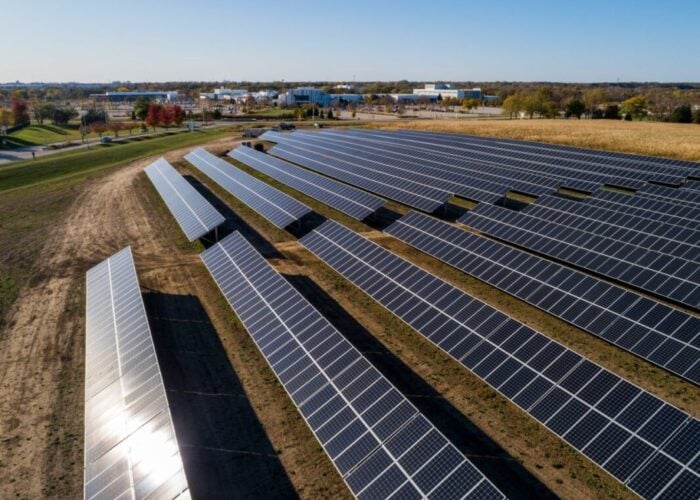
The corporate world is taking an increased interest in community solar, which can take multiple forms, from tax equity to offtake.
1:00 PM (BST) / 2:00PM (CEST)
San Francisco Bay Area, USA
>>> Read full article>>>
Copyright for syndicated content belongs to the linked Source : PV Tech – https://www.pv-tech.org/does-lpo-grants-us864-million-for-puerto-rico-pv-and-bess/










